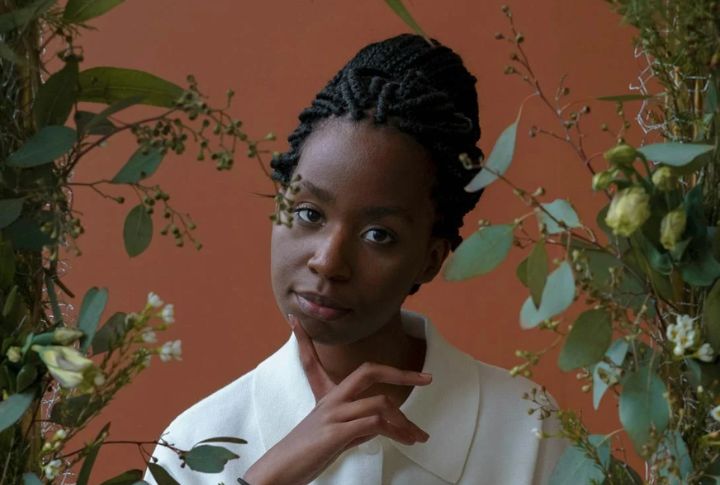
As trends gain mainstream attention, their origins often become less visible. What started in close-knit communities—at cookouts and across protest lines—slowly echoed across runways and dinner tables. These shifts didn’t just appear; they evolved through lived experience. Here are 10 cultural moments that started in Black America well before they reached a wider audience.
Call And Response Shaped American Music
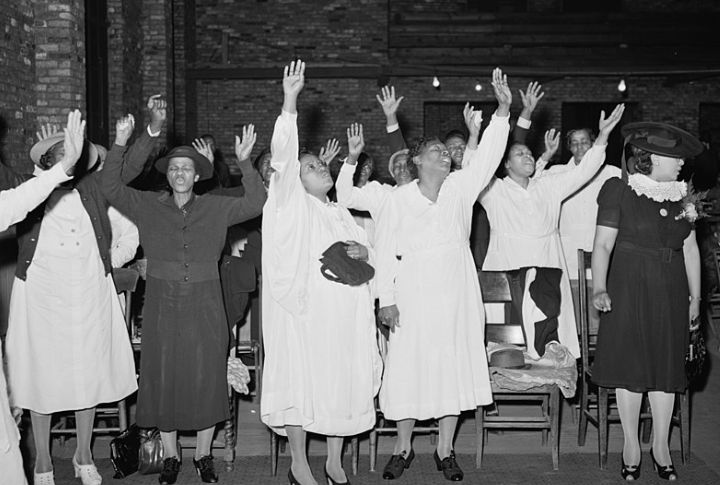
This musical tradition didn’t start in studios; it was born in church pews and field chants within Black communities. That back-and-forth style helped build blues and gospel, touched funk, and still shapes how music is shared today, from church choirs to packed concert crowds.
Juneteenth Became A National Holiday
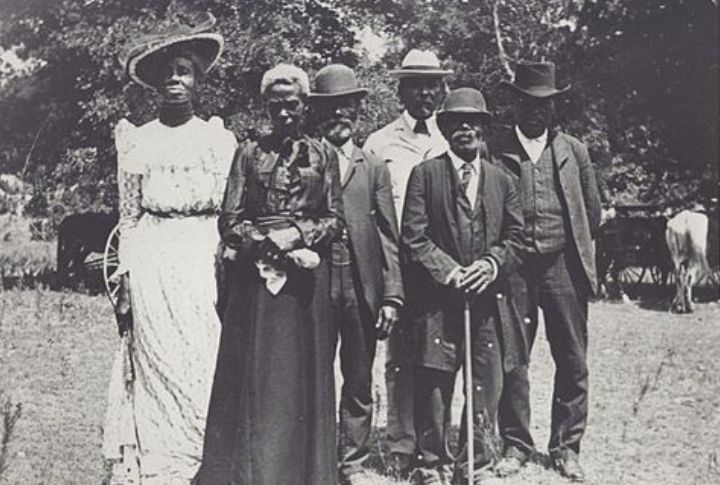
Juneteenth started in Texas as a local commemoration of delayed freedom. Over the years, it grew through community gatherings and calls for justice. Its federal recognition in 2021 marked a turning point shaped by long-standing efforts to honor Black history as part of the national story.
Cornrows Became A Global Fashion Symbol

Cornrows carry more than style—they reflect tradition and spirituality. Once labeled unprofessional in schools and offices, the same braids now headline fashion shows. That shift began when Black communities embraced their roots and expressed identity using patterns passed down across generations.
Spoken Word Became A Voice For Activism
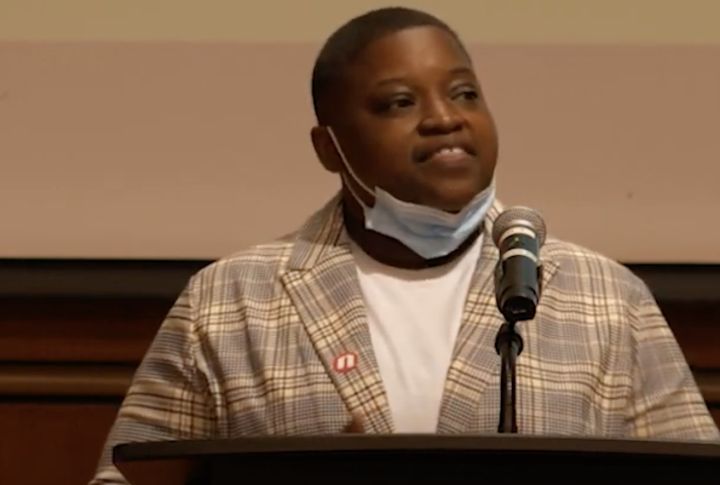
Performance poetry didn’t grow in elite spaces. It thrived in cafes, parks, and open mics where Black poets gave voice to struggle and turned pain into purpose. Their verses cut through silence, fueling movements and confronting the status quo with raw language shaped by lived experience.
Hip-Hop Culture Defined Streetwear
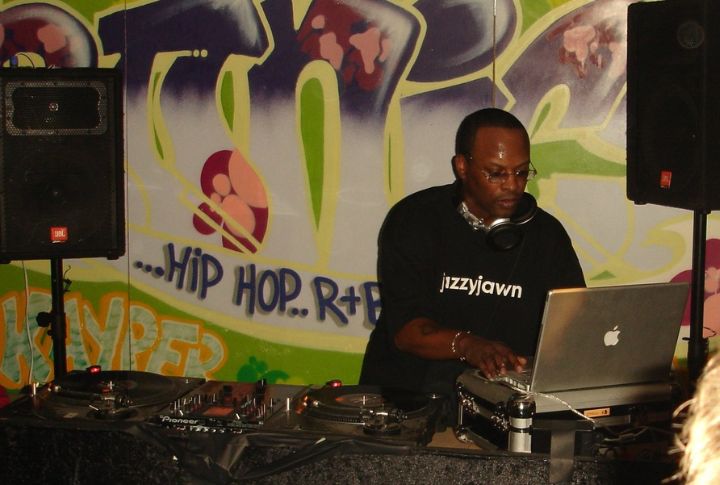
Hip-hop carved out its own style long before luxury labels took notice. The look grew from block parties and daily life, shaped by those who wore it with pride. What started in the Bronx became a fashion force, with meaning woven into each jacket and message threaded across every piece.
Soul Food Became An American Culinary Staple
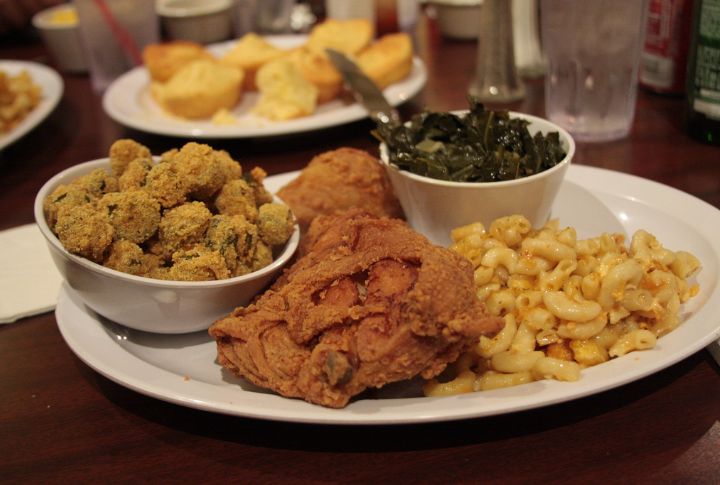
These dishes were born from creative resistance, using limited ingredients to create lasting nourishment during slavery. Over time, they became staples in Black households and meaningful family gatherings. As their popularity grew, soul food entered wider circles, often without honoring the history behind its creation.
Afrofuturism Influenced Art And Film
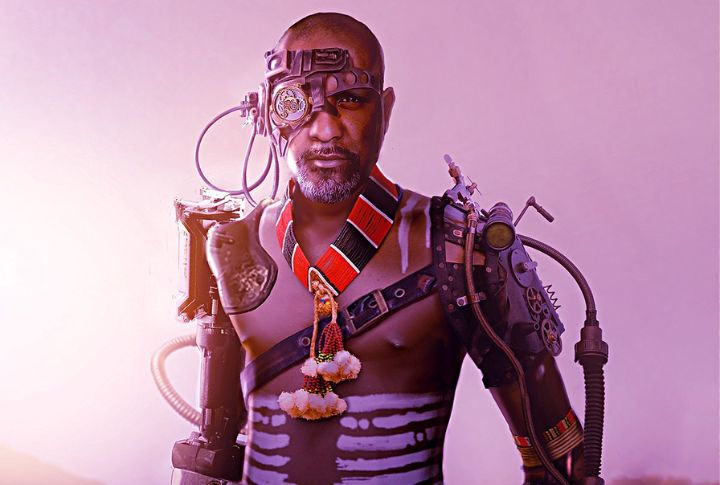
Long before it drew wide attention, Afrofuturism imagined Black futures beyond present limits. It used science fiction to explore identity and reimagine what’s possible. Through this lens, artists broke from tradition and opened space for new voices in film, music, and literature to emerge.
Black Twitter Reshaped Social Media Trends
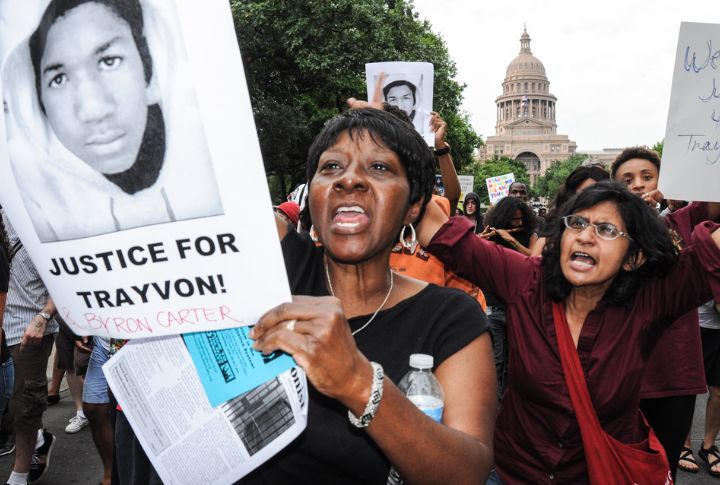
It’s not just another corner of the internet; it’s culture in motion. Black Twitter reshaped online conversation, sparking trends that move fast and speak sharp. While brands often chase the tone, the real voice comes from lived experience and the rhythm of everyday community exchange.
Natural Hair Movements Redefined Beauty Standards
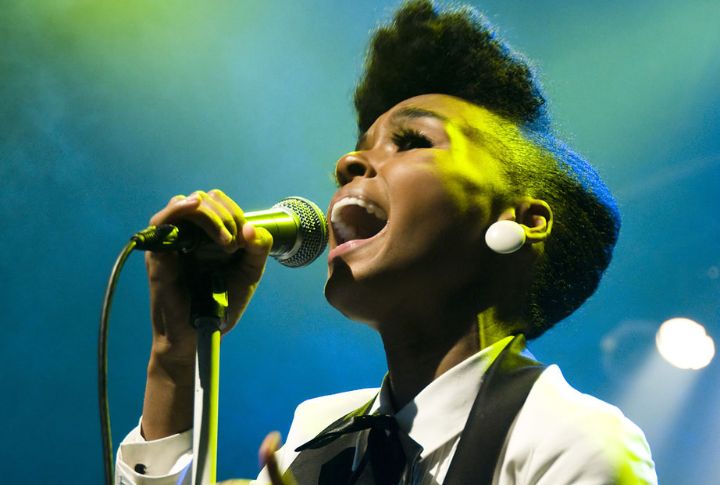
Straightened hair was once a silent expectation in professional spaces. That began to shift as Black communities embraced locs and textured styles without apology. The change was beyond the looks—it challenged policies and pushed companies to rethink how beauty is represented.
The Electric Slide Became A Celebration Classic
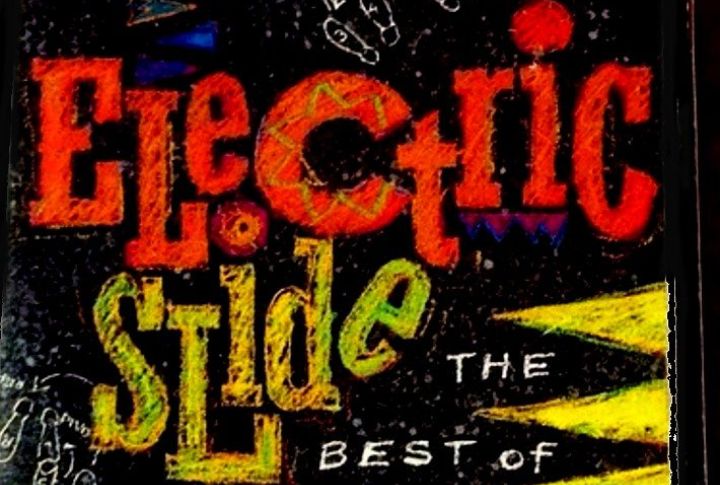
No event playlist feels complete without it. The Electric Slide, first choreographed in the 1970s, became a unifier across generations at Black family functions. Its infectious steps spread beyond communities, which evolved into a fixture at weddings and sports arenas, wherever people gather to celebrate.

